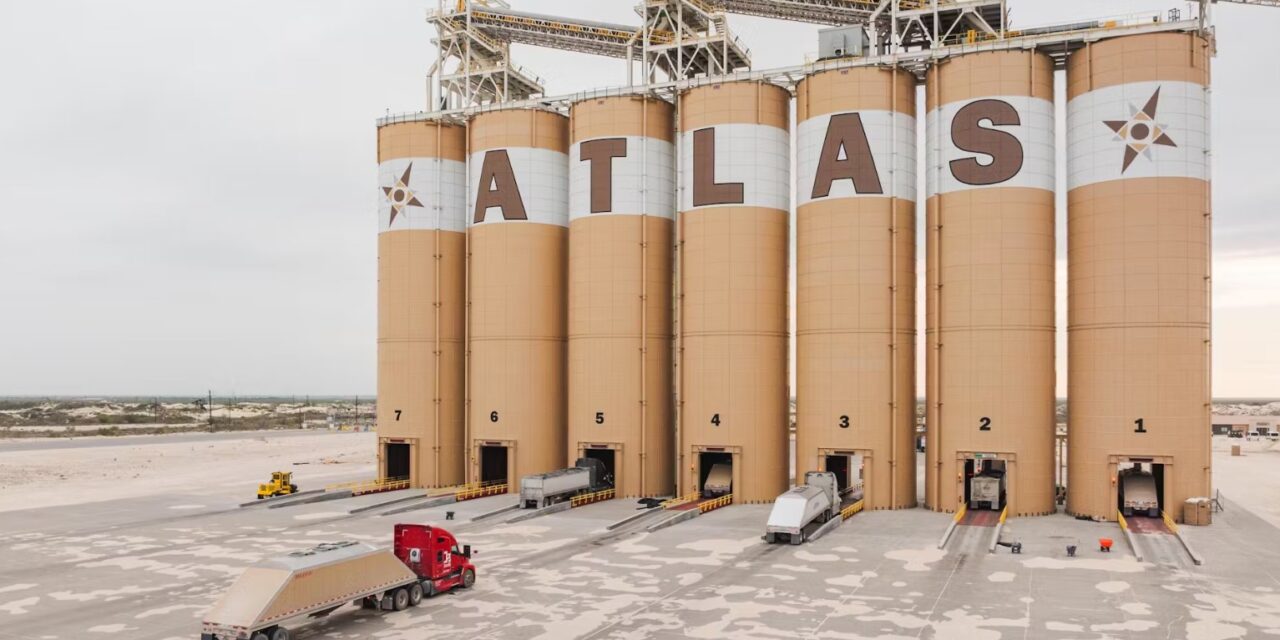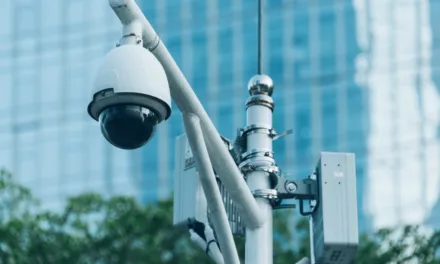Atlas is truly the perfect partner for Kodiak. The Permian’s private lease road network is an almost ideal use case for autonomous technology, and an ideal sandbox to launch our driverless operations. Other than the occasional cow, traffic is limited and speeds average less than 20 miles per hour. We need to be able to navigate dirt roads, and we already have extensive dirt road driving experience from our work with the Department of Defense.
Over the past six years, we’ve focused on how to turn technology into a product. The best teacher has been our daily operations across the Southern half of the US. By deploying the Kodiak Driver in the real world, we’ve developed tremendous insight into how our customers can best deploy our product, as well as what it takes to operate and maintain an autonomous fleet in the real world. Partnering with Atlas will allow us to further enhance our expertise operating a driverless fleet, and demonstrate the safety of our driverless technology as we prepare for on-road operations. This will therefore accelerate our efforts to scale the Kodiak Driver into a product that meets the needs of all of our customers.
At a personal level, this moment could not be more exciting. Over my career, I’ve seen autonomous vehicles move from the lab to the real world. It’s incredibly gratifying to have the opportunity to deploy the first real, scalable driverless product, doing the dull, dirty, and dangerous driving jobs that most people don’t want to do.
Advertisement
Kodiak has now made our first driverless delivery, in partnership with Atlas Energy Solutions Inc., the leading provider of proppant and proppant logistics in West Texas’s Permian Basin. Atlas operates on an expansive network of private dirt lease roads in the Permian, allowing them to serve some of the most critical energy infrastructure in the United States. Automation is core to Atlas’s business model – in addition to our work together to develop autonomous trucks for their fleet, they are nearing completion of the Dune Express, a 42-mile long, fully electric conveyor system. The Dune Express will help haul sand closer to where it’s needed.
The Permian Basin is one of the world’s most challenging environments for truckers. West Texas is hot and dry, with little rain to keep dirt roads from becoming dust clouds. It’s also a dangerous place to drive, particularly for truckers. According to the Texas Department of Transportation, in 2021 the Permian Basin accounted for 7% of all traffic fatalities in Texas, despite making up less than 2% of Texas’s population. These challenges make recruiting and retaining drivers incredibly hard, and autonomous technology incredibly compelling.
Our work with Atlas is not just a long-term ambition: we have already started upfitting our first two purpose-built trucks for Atlas: equipped with our fully-redundant, platform-agnostic, Gen6 hardware stack. Early next year, Atlas plans to launch commercial operations using its first two trucks equipped with the Kodiak Driver.
From a technical perspective, our work with Atlas is a synthesis, not a departure. By combining our rugged and reliable long-haul trucking product with the work we’ve done for the Department of Defense fine-tuning our AI-based Kodiak Driver for unstructured environments, we’ve built a unique system capable of serving on the private lease road network Atlas navigates today. Our unique mapping technology also enables us to bring up new routes in hours, not weeks: this flexibility is beneficial to Atlas, whose customer routes change every few weeks.
I first started working on AVs over 15 years ago, as a PhD student at Carnegie Mellon University. At the time, to the extent that people were thinking about self-driving, it was at research institutions like CMU, and frankly I had every expectation it would stay that way for the foreseeable future. Soon after I started at CMU, however, people started to take steps to turn autonomy from academic theory to real-world technology. I chose to leave CMU and join some of the earliest self-driving technology projects, where the focus remained technology development. In 2018 I founded Kodiak to focus on building a product that could address real customer needs, and serve as the foundation of a real, and ultimately profitable, product. Today, I could not be more excited to announce that we have made our first driverless delivery on roads. Dirt roads.














